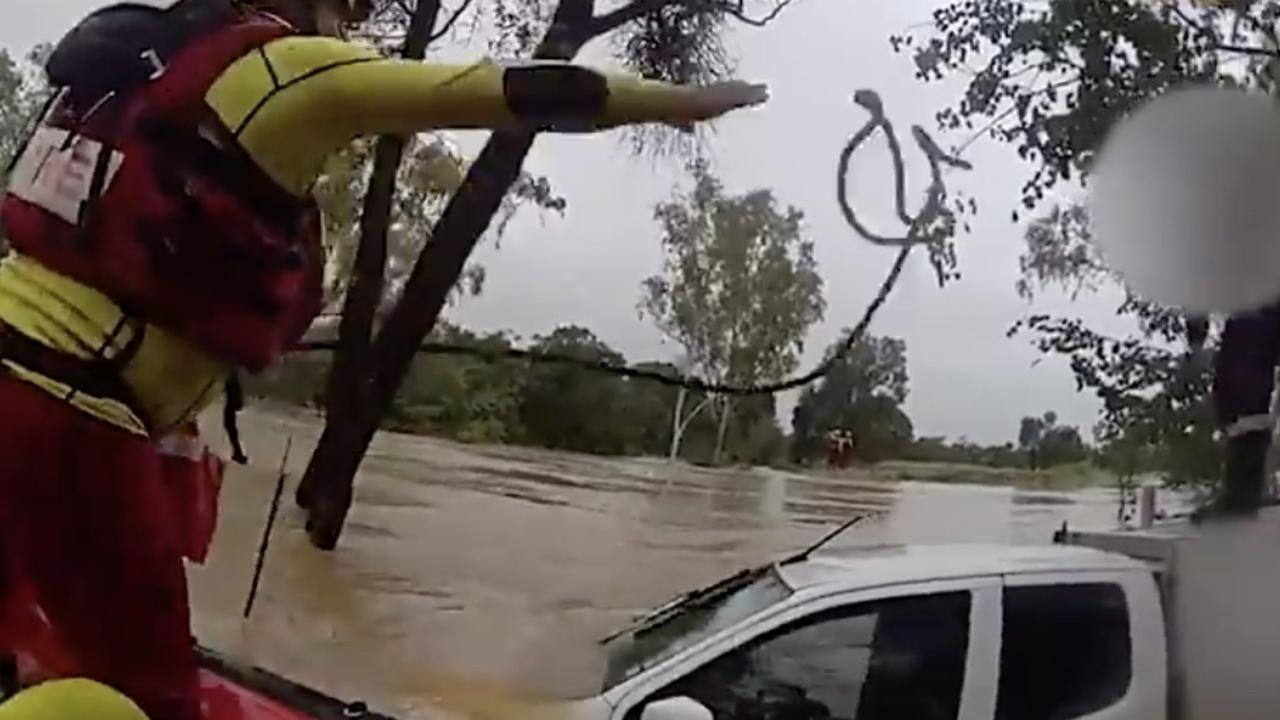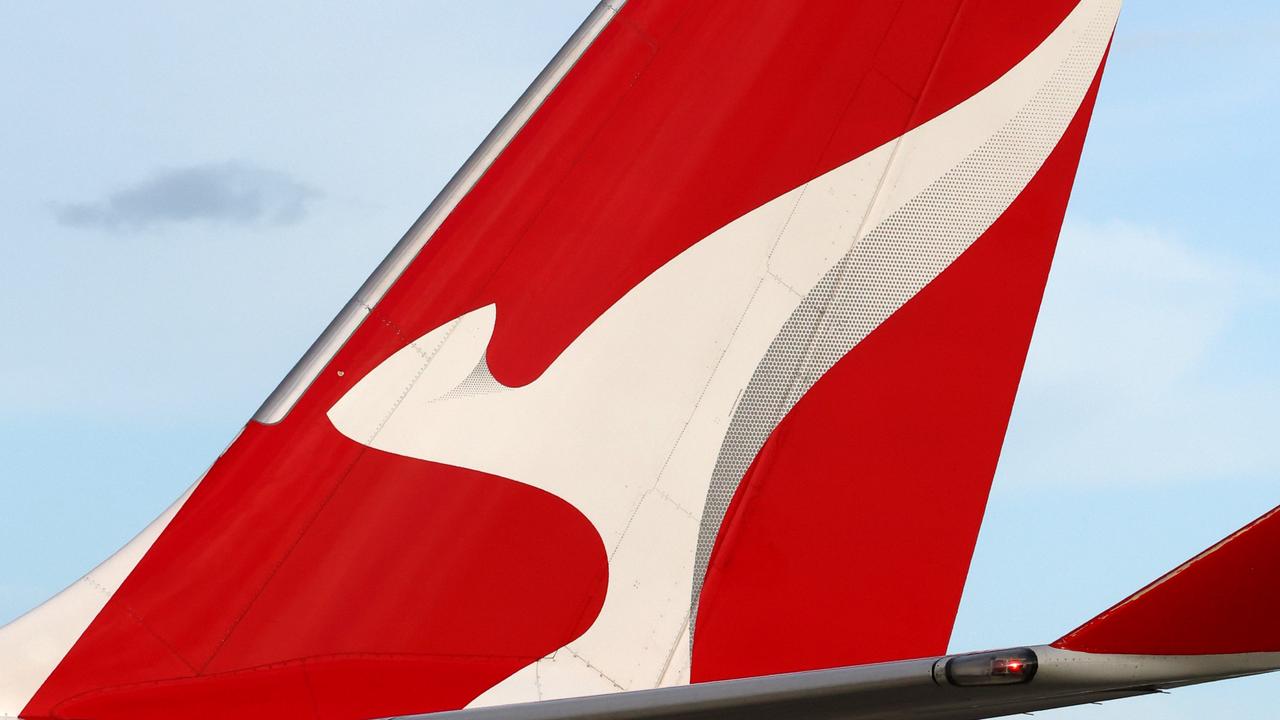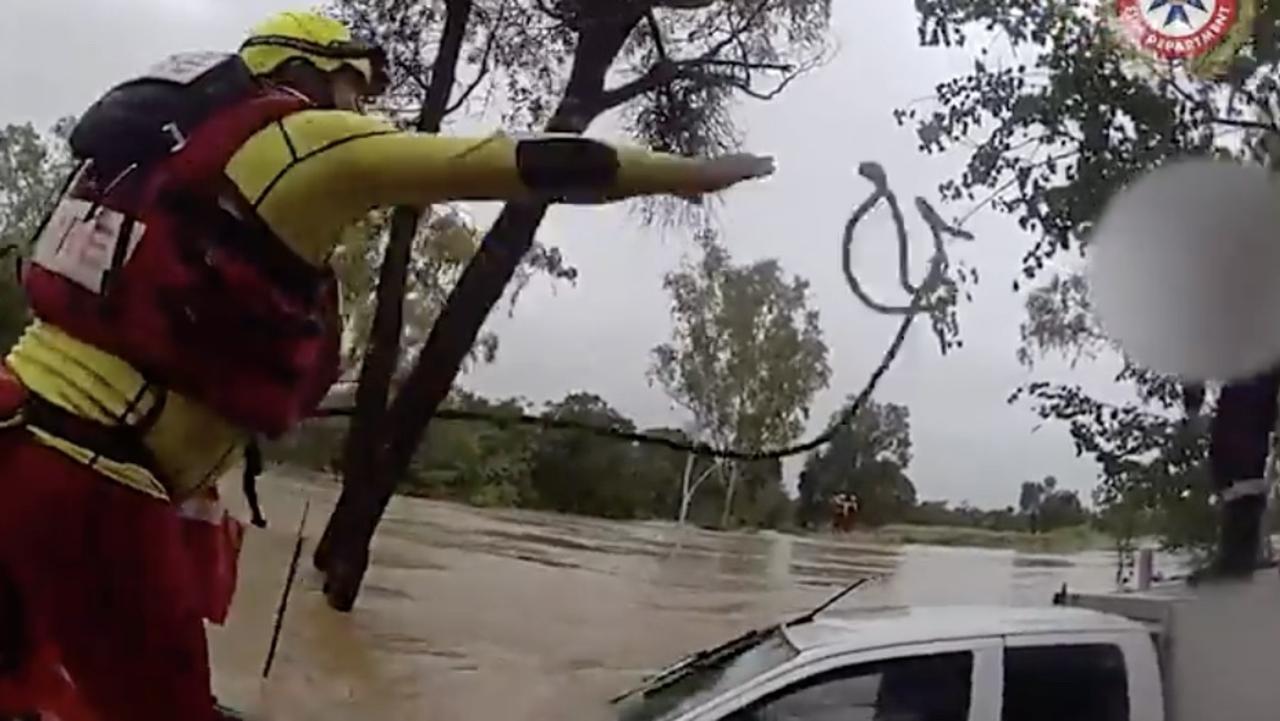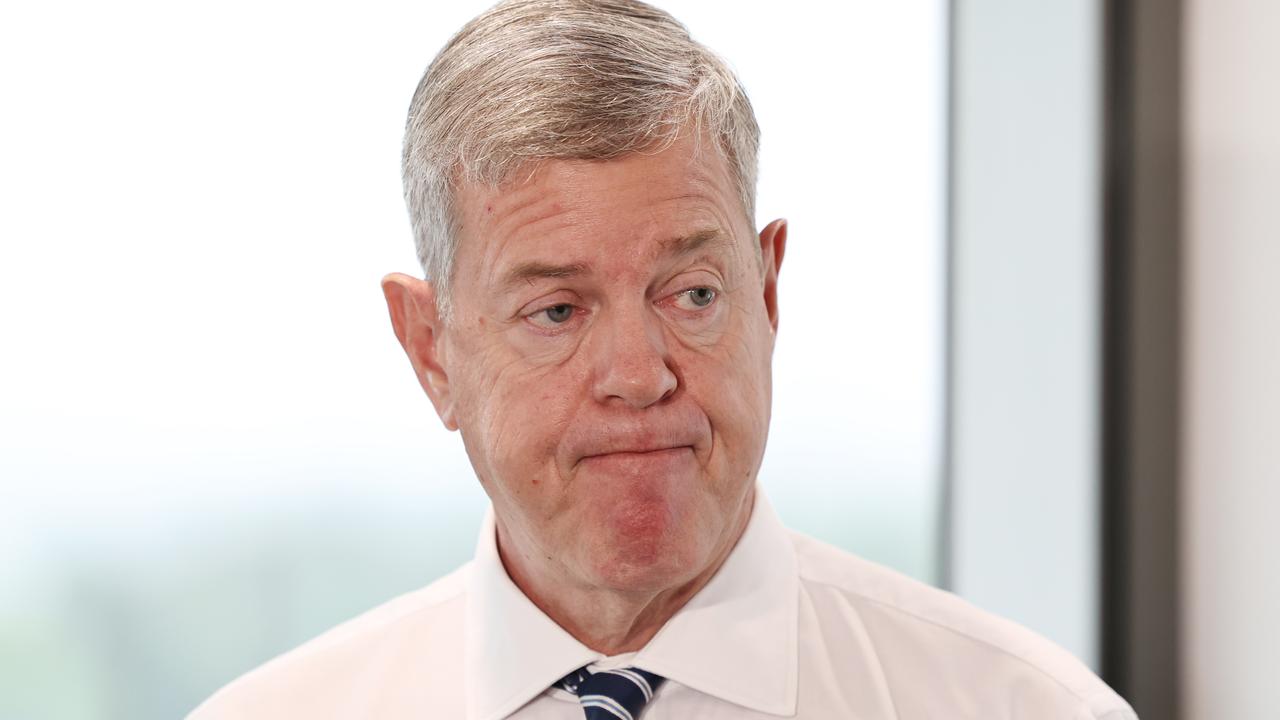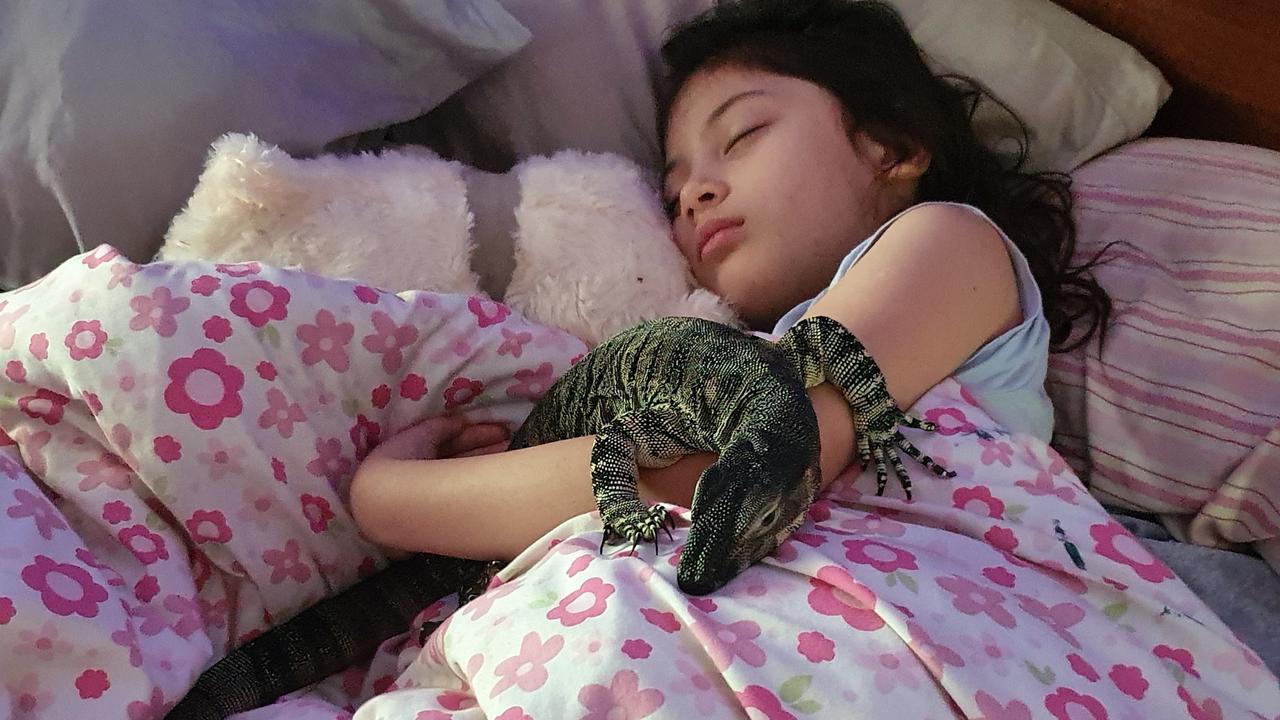Scientists develop burp-free cattle feed to save the planet
Rude cows could spell doom but scientists are mass producing an aquatic pink puffy solution
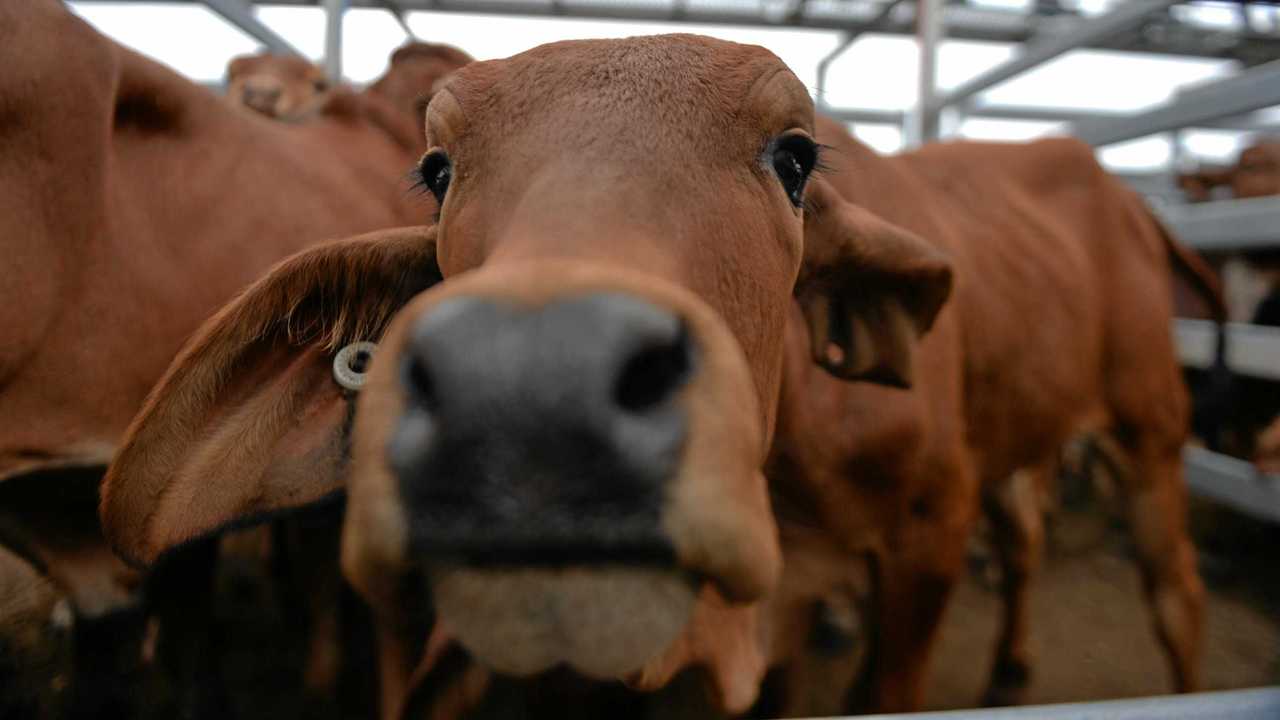
Mackay
Don't miss out on the headlines from Mackay. Followed categories will be added to My News.
A PUFFY pink seaweed that can stop cows from burping out methane is being primed for mass farming in a project that could drastically reduce the nation's greenhouse gas emissions.
University of the Sunshine Coast researchers said the pink seaweed, which grows prolifically off the Queensland coast, could stop cattle from burping out methane.
USC seaweed research group leader associate professor Nick Paul said that they grew enough seaweed for every head of cattle in Australia, the country could cut its greenhouse gas emissions by 10 percent.
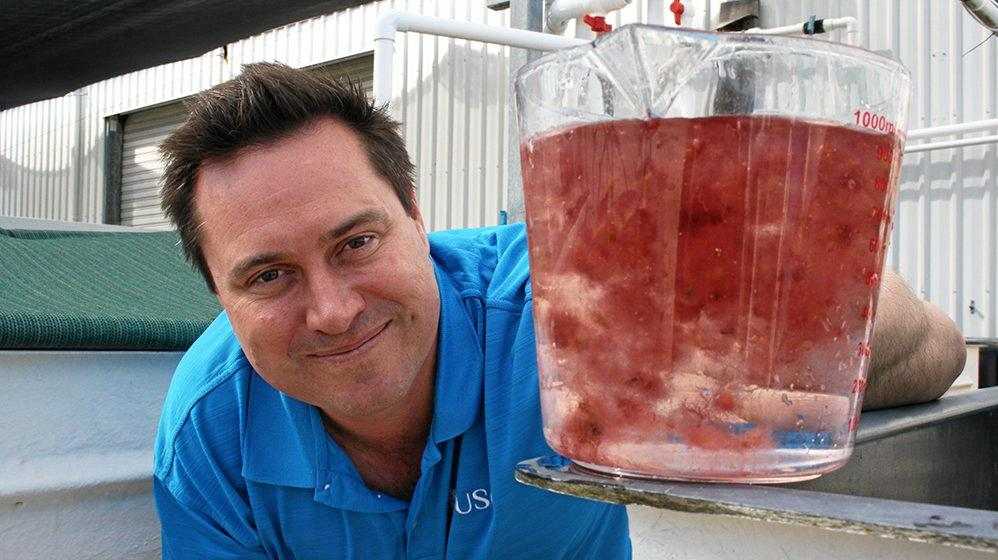
Farming has a huge environmental footprint, Dr Paul said, making up 15 per cent of the nation's total greenhouse emissions.
He said the this was largely due to livestock, with two-thirds of the agricultural emissions from cattle, sheep and goats.
Five years ago scientists, led by the CSIRO, discovered the stomach settling properties of the asparagopsis seaweed. But today, the USC researchers said the seaweed was being primed for mass farming.
"When added to cow feed at less than two percent of the dry matter, this particular seaweed completely knocks out methane production. It contains chemicals that reduce the microbes in the cows' stomachs that cause them to burp when they eat grass," Dr Paul said.
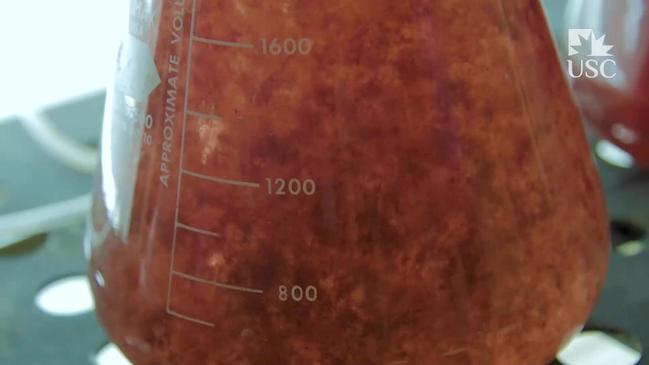
It's a critical weapon in the fight against climate change, as Dr Paul said "methane is actually a much more potent greenhouse gas than carbon dioxide. It has 28 times the heating potential than CO2".
The scientific team is working at the Bribie Island Research Centre in Moreton Bay north of Brisbane, to learn more about how to grow the seaweed species.
The researchers aim to scale-up the seaweed production to supplement cow feed on a national or even global scale.
Hungry cattle force graziers to head to auction
Meet the woman reshaping the future of the beef industry
Quest for bigger steaks leads to pest-resisant weed
"This seaweed has caused a lot of global interest and people around the world are working to make sure the cows are healthy, the beef and the milk are good quality," Dr Paul said.
"Seaweed is something that cows are known to eat. They will actually wander down to the beach and have a bit of a nibble."
He said the next step to developing the mass produced aquatic cattle feed, was making sure it could be produced sustainably.
Project scientist Ana Wegner said the team's challenge was to find the perfect growing conditions to move crops from the laboratory to large outdoor aquaculture tanks.
"We know the chemical composition of asparagopsis and we know the chemical compounds that actually reduce methane production in cows, so now we want to maximise the concentration of that chemical so we can use less seaweed for the same effect," Ms Wegner said.
Originally published as Scientists develop burp-free cattle feed to save the planet


